Live Happy ADHD Coaching
Welcome.
Are you ready for a change but keep hitting roadblocks?
I can help you move from survival mode to thriving and reconnecting to the joy of life. I help my clients stay on track, create calm, and bring out the best in themselves. I invite you to learn how to enhance the way your unique ADHD brain works, instead of working against it.
Meet your Coach
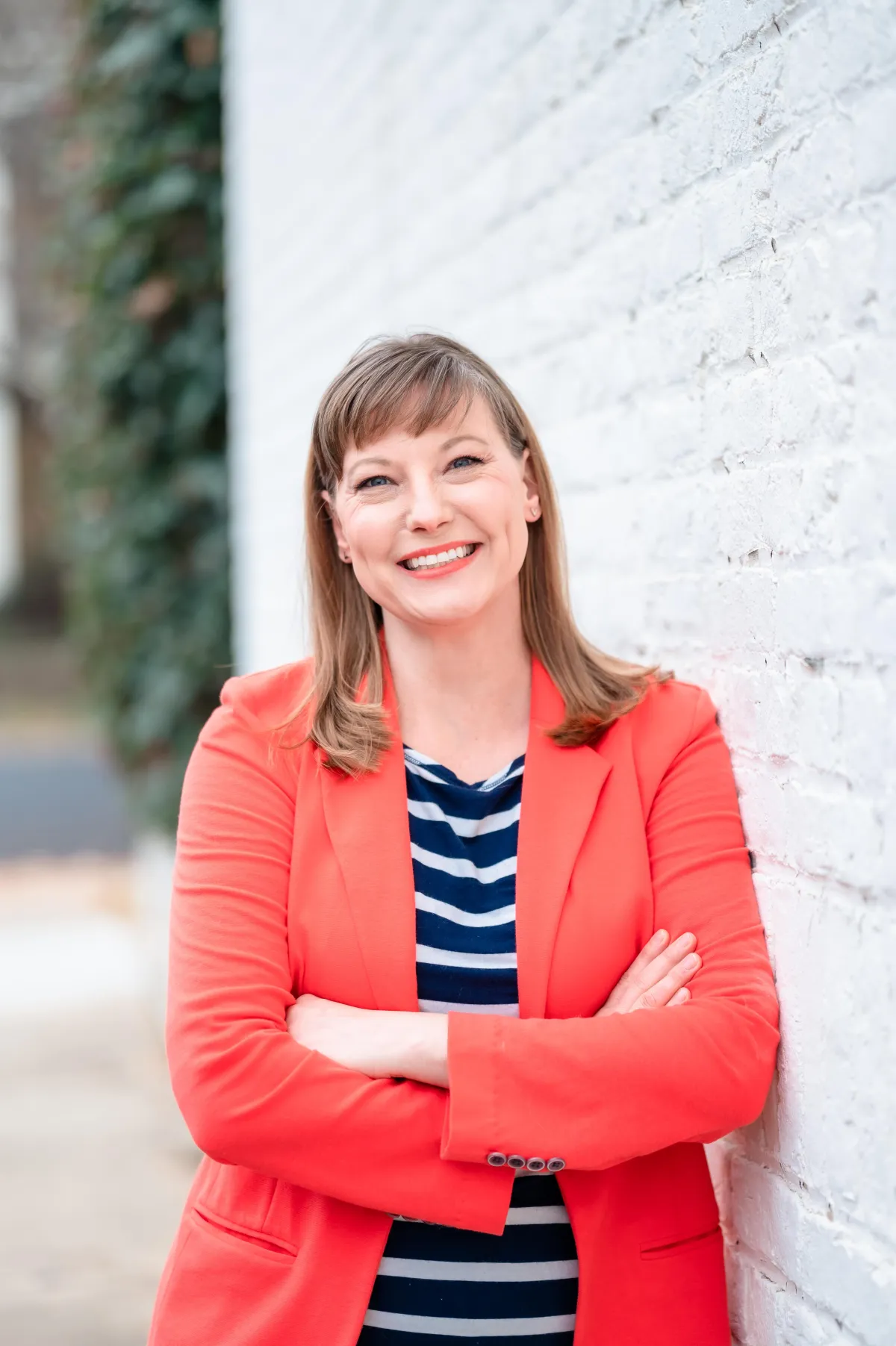
I used to struggle with exactly the same thing.
Dorsey McFadden currently lives in Richmond with her husband and pets. She earned a double BA degree from the University of North Carolina at Chapel Hill in Political Science & Communications and International Security Studies & Rhetoric.
In her previous life, Dorsey worked in digital marketing for over 20 years. Now she’s building a career as an ADHD coach, educator, and advocate.
She also cofounded FlexYourADHD.com as a platform with a significant community of adults eager to learn about their ADHD.
As the founder and coach of Live Happy ADHD Coaching, Dorsey is passionate about coaching adults living with ADHD and parents of children with ADHD to help them live happy and healthy lives.
Together, she works with her clients to develop techniques and approaches to better understand how to support themselves and their children.
Dorsey aims to empower those with ADHD to work with their unique brain, not against it.

Meet your Coach
I used to struggle with exactly the same thing.
Dorsey McFadden is a certified ADHD coach, educator, and advocate through training from the ADD Coach Academy (ADDCA), holding credentials from both ADDCA and the Professional Association of ADHD Coaches (PAAC). Based in Richmond, she lives with her husband and pets. With over 20 years of experience in digital marketing, she brings a wealth of strategic insight to her coaching practice. Dorsey holds a double BA from the University of North Carolina at Chapel Hill in Political Science & Communications and International Security Studies & Rhetoric.
As the founder of Live Happy ADHD Coaching and FlexYourADHD.com, Dorsey is passionate about helping adults with ADHD and parents of children with ADHD build happier, more fulfilling lives. She partners with her clients to create personalized strategies that harness the strengths of the ADHD brain, focusing on empowerment, self-understanding, and practical support systems.
Dorsey's mission is simple: to help people stop fighting against their ADHD and start thriving with it.
While there's no magic solution in life, the supportive, practical, concrete, and collaborative process of coaching can help to bridge the gap between where you are right now and where you want to be.
Do any of these sound familiar?

difficulty with planning and prioritizing
feeling unfulfilled and unsuccessful
impaired communication or social skills
trouble getting started/lack of initiative
difficulty maintaining focus
poor self-care (exercising, getting to bed, etc.)
difficulty explaining their ADHD to others
getting easily distracted and overwhelmed
challenges with working memory
poor time and energy management
lack of organizational skills
trouble harnessing motivation and interest
impulsivity/lack of inhibition
procrastination (sometimes extreme and high stakes)
poor communication skills
difficulty with planning and prioritizing
feeling unfulfilled and unsuccessful
impaired communication or social skills
trouble getting started/lack of initiative
difficulty maintaining focus
poor self-care (exercising, getting to bed, etc.)
difficulty explaining their ADHD to others
getting easily distracted and overwhelmed
challenges with working memory
poor time and energy management
lack of organizational skills
trouble harnessing motivation and interest
impulsivity/lack of inhibition
procrastination (sometimes extreme and high stakes)
poor communication skills

Testimonials
What Does Success Look Like?

That depends on the client.
For some it will look like completion of a project while, for others, it may be development of self compassion and self
awareness which enriches all areas of their life.
What Is Coaching?


Coaching is the facilitation of growth and change. A coaching partnership helps close the gap between who you are, what's important to you, and what you're doing. so that you can lead a more satisfying and effective life. Coaches support our client's understanding of their ADHD brain and its related challenges. As well as how it impacts your personal and professional life so that you can utilize practical, realistic strategies to shift from chaos to calm.
What Does Success Look Like?
That depends on the client.
For some it will look like completion of a project while, for others, it may be development of self compassion and self
awareness which enriches all areas of their life.


What Is Coaching?
Coaching is the facilitation of growth and change. A coaching partnership helps close the gap between who you are, what's important to you, and what you're doing. so that you can lead a more satisfying and effective life. Coaches support our client's understanding of their ADHD brain and its related challenges. As well as how it impacts your personal and professional life so that you can utilize practical, realistic strategies to shift from chaos to calm.
More Topics to explore
Something for every reader
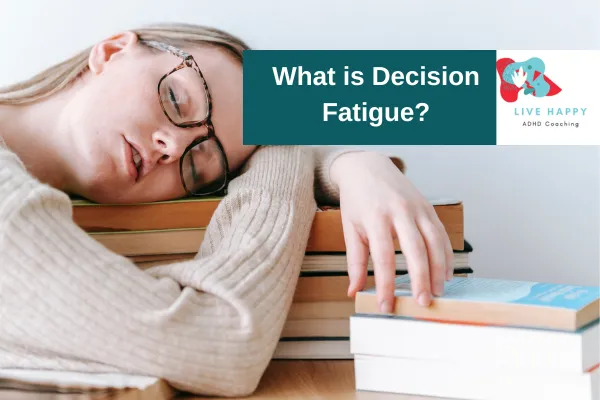
What is Decision Fatigue?
Decision fatigue and what to do about it
Have you ever heard the term ‘decision fatigue’?
I often say I’m suffering decision fatigue. But what does that really mean?
I plan my days to simplify the amount of decisions I have to make to preserve my mental ability and energy to make decisions later in the day. I find the more decisions I have to make daily, the greater the strain on my mental and physical state. If I get home from work and am exhausted how can I take care of myself in a healthy way?
Thanks to Dr. Russell Barkley’s book “Taking Charge of ADHD” I now see that I was actually managing my self-control.
What is self-control?
The definition of self-control is the ability to choose something other than your initial impulse in order to get something in the future that you want more (or that is better for your long-term welfare and happiness).
Here’s the thing. Self-control isn’t just self-control. Using self-control involves executive functions. ADHD brains are slow to develop this part of the brain therefore it stands to reason that ADHD is a deficit of self-control.
Executive functions involved in self-control:
Non-verbal working memory
Verbal working memory
Self-regulation of emotion
Planning and problem solving
Together, these executive functions allow us to recall past events, to consider possible future scenarios, to contemplate different outcomes, weighing pros and cons based on past experiences and emotions, then to formulate plans for the future.
If we have a deficit in these areas, it’s no wonder we get decision fatigue, or procrastinate. There are a lot of working parts to consider. It takes us more energy and time to do this and that’s a fact you can’t change with willpower alone.
We humans use self-control to change our behaviors to achieve goals.
The longer the delay between the time we exert self-control and the time we get our reward the harder it becomes for people with ADHD to achieve their goals. We have trouble both visualizing the future and remembering our passion or desire for our goals.
So what can we do about it?
The good news is that self-control is a self-directed action– meaning you actively choose when to exercise self-control. Much like how you can exercise the body and prepare it for a race, you can improve your self-control abilities. Here are a few strategies I use:
Stick to your spoons
Have you heard of the spoon theory? This is a metaphor used by many suffering chronic conditions where spoons are used to describe the amount of energy or activities a person manages daily. People love this metaphor, not only because they get to call themselves spoonies but also because it just makes sense.
People with ADHD do suffer from an invisible, chronic, condition. Some of us will be misdiagnosed as narcolepsy because of how our energy flows or doesn’t when not stimulated. As always it’s important to understand that not every ADHD person will identify with this because we don’t all have the same set of symptoms.
Similar to the spoon theory I realize and accept that I have a limited amount of energy to make decisions daily. There’s no shame in admitting the truth. Once I accepted having a finite amount of energy I could then think of strategies to manage my energy. What works for me is to implement as many routines as possible. That way I don’t need to think about what I need to do daily – I just do it. This works best with things you need to do daily, weekly, or monthly.
For example:
I eat oat bran every morning. It’s healthy, easy, fast and can be dressed up in different ways if I want.
When I worked in an office I would pick my outfit out and pack my lunch the day before. This eliminates the time I would spend thinking about what I wanted to wear or eat in the morning.
I also tried to limit my work wardrobe to a certain number of outfits then rotate them.
For lunch I had a special box with little boxes and I’d fill those with a variety of treats. My other options were leftovers or I’d take a sandwich. I tried not to eat out at lunch because that’s unhealthy in the long run and costs more money.
Lists
Thanks to our lovely ADHD brains we can have trouble with object permanence. So what you don’t see frequently is totally out of mind until we get a visual reminder. Generally for me I see this manifest in long term friendships. I forget to reach out and check in on my friends or family who aren’t near me. For this I have a top 5 or 10 list of people I want to maintain or grow relationships with. Consciously making the decision to put someone on this list or take someone off makes maintaining communication much easier. You must be deliberate with your list and intentions. All of my closest friends and family know I have ADHD and I’ve tried to inform them of the way it affects me so they don’t take any of my behavior personally and know that they mean a great deal to me.
My to-do lists are another example. I use a method called the Kanban board in my work but a simple catch all reminders list for my personal life. The Kanban board method is really neat, and it satisfies the part of me that knows I work best with defined systems and rules. Read more about that here.
Tools
When all else fails I put on noise-cancelling headphones and eyeglasses with a thick side arm, making it difficult for visual distraction. I call these my blinders. Other ways to implement blinders are apps that limit the time you can spend on your phone or times lock boxes that can’t be opened until the time is reached.
Visual reminders
I have a white board on the refrigerator that I leave messages to myself on, a list of meals we have ingredients for and snacks that are fresh. We’re also trying to track our dog’s teeth brushing on there but that’s not going so well. This white board is in a prominent place, visually stands out from its surroundings, and I can get creative with my dry erase markers.
Speaking of dry erase markers – you can write on any glass surface! I like to use these in the bathroom on the mirror if I’m worried about forgetting something or if I just want to see a positive uplifting quote daily. You can also use Post-it notes on mirrors instead.
In conclusion
So there you have it. Those are all the ways I try to manage my limited ability to exert self-control throughout the day. Do this, and you’re less likely to feel mentally exhausted at the end of the day, and more likely to achieve long-term goals!
What are some ways you manage your ability to exert self-control daily?
How Does Coaching Work And How Does It Help You?
Coaching sessions create space away from day to day demands for a dialogue between the coach and client. The client determines the long-term direction of coaching and is responsible for bringing a topic/issue/question to each session. Together, the coach and client explore who the client is, who they think they are, and who they want to be in order to clarify desired outcomes and actions to further the client’s agenda.
As a coach, I will ensure we make the most of your time. My role is to be your sounding board, mirror, and champion your efforts. I will provide models and structure to help you organize your thoughts, beliefs, and values. I will help you to bring details into focus to reach a deeper understanding and appreciation of yourself. I will hold you accountable for your decisions and actions and challenge you to be compassionate with yourself while setting realistic and achievable goals.
However, I will never tell you what to do. Coaching sessions offer an opportunity for you to learn something new about yourself, a different way of thinking about a situation, or uncover a belief that was limiting the options you thought were available to you. The “work” to apply this learning toward changing your life continues beyond the coaching session.
Welcoming clients of all races, cultures, identities and orientation
Disclaimer: Coaching is not to be used as a substitute for professional advice by legal, medical, financial, business, spiritual or other qualified professionals. We encourage our clients to seek independent professional guidance for legal, medical, financial, business, spiritual, or other matters. With Coaching, all decisions in these areas are exclusively the responsibility of the client who acknowledges that decisions and actions as a result of coaching are their sole responsibility.
Example Topics for Coaching
ADHD Life skills & Executive Functioning
Relationship Skills
Friendship and Support System
Parenting Children with ADHD
Organizing Skills
Addiction Dangers
Emotional Regulation
Mindset Improvement
Work/Life Balance
Communication Skills
Self Awareness
Self Compassion & Mindfulness
Study Skills
Self Care Skills
Time Management
Task Management
Advocating Skills
Routines and Systems
Healthy Boundaries
Managing your life
Planning & prioritizing
Putting plans into action, task initiation
Goal-directed persistence
Taking actions that align with your physical & emotional needs
Learning new strategies to manage executive functioning
Navigating neurodivergent relationships
Self-regulation & interoceptive-awareness
Emotional impulsivity
Communication strategies
Physical health and wellness
ADHD Coaching & Consulting by Dorsey McFadden
Located in Richmond, VA
Accepting clients Worldwide

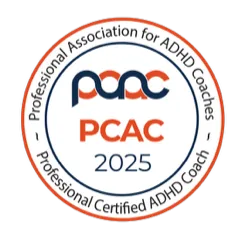

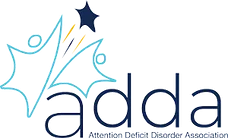
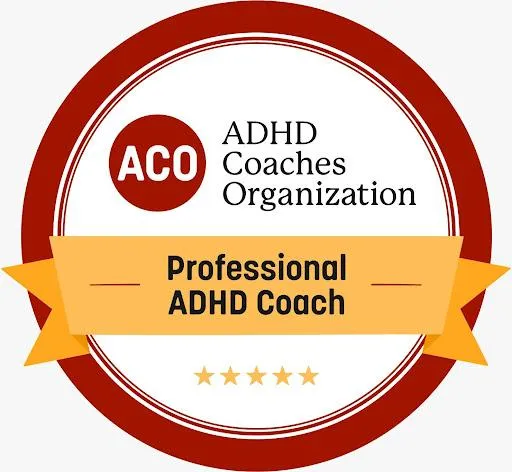
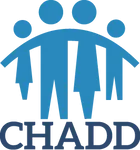
Facebook
Instagram
LinkedIn